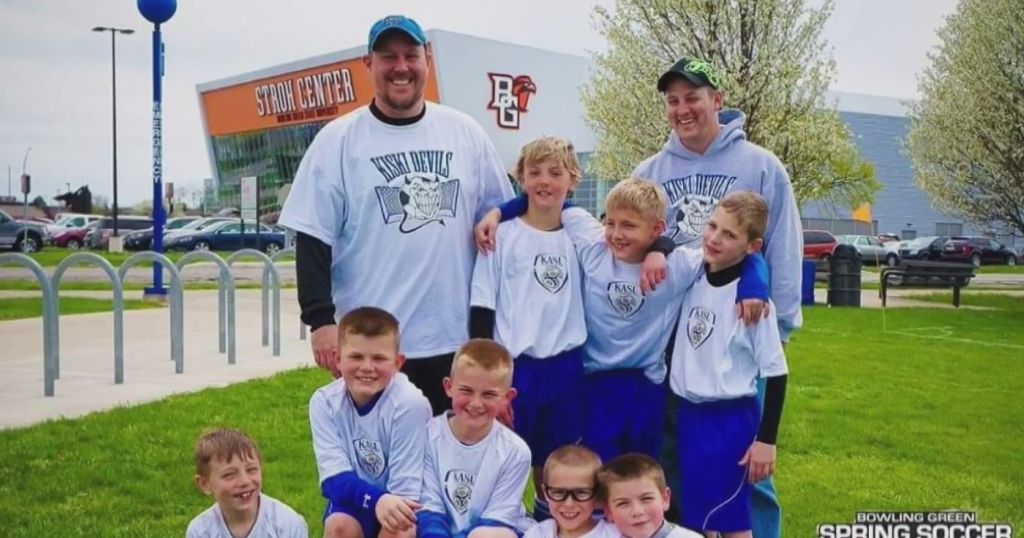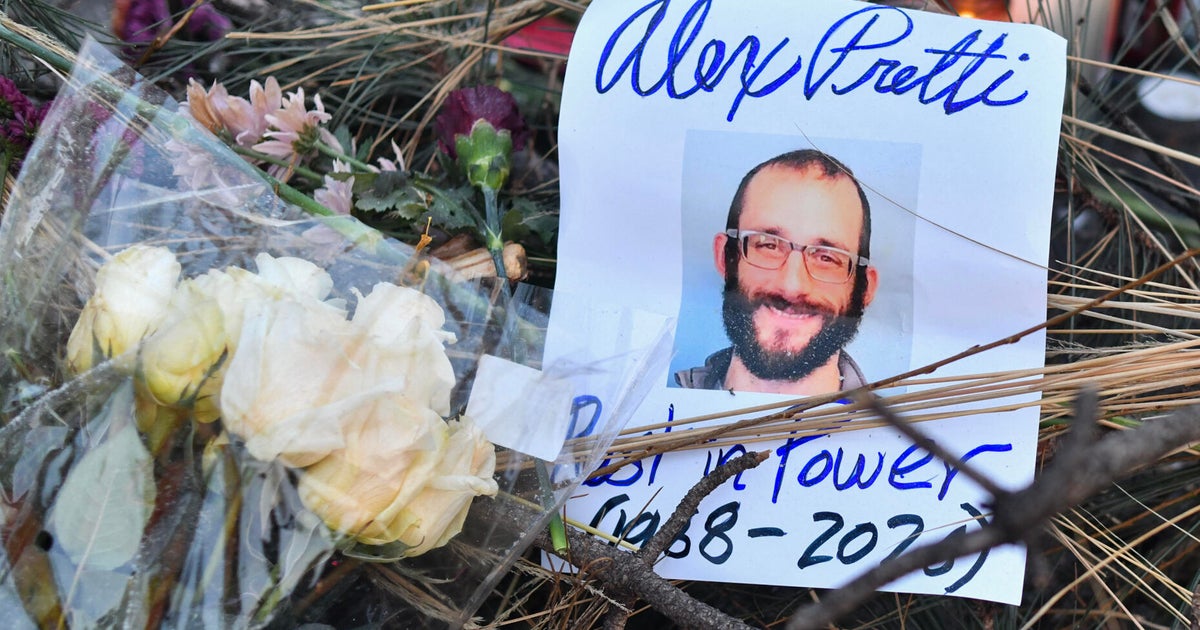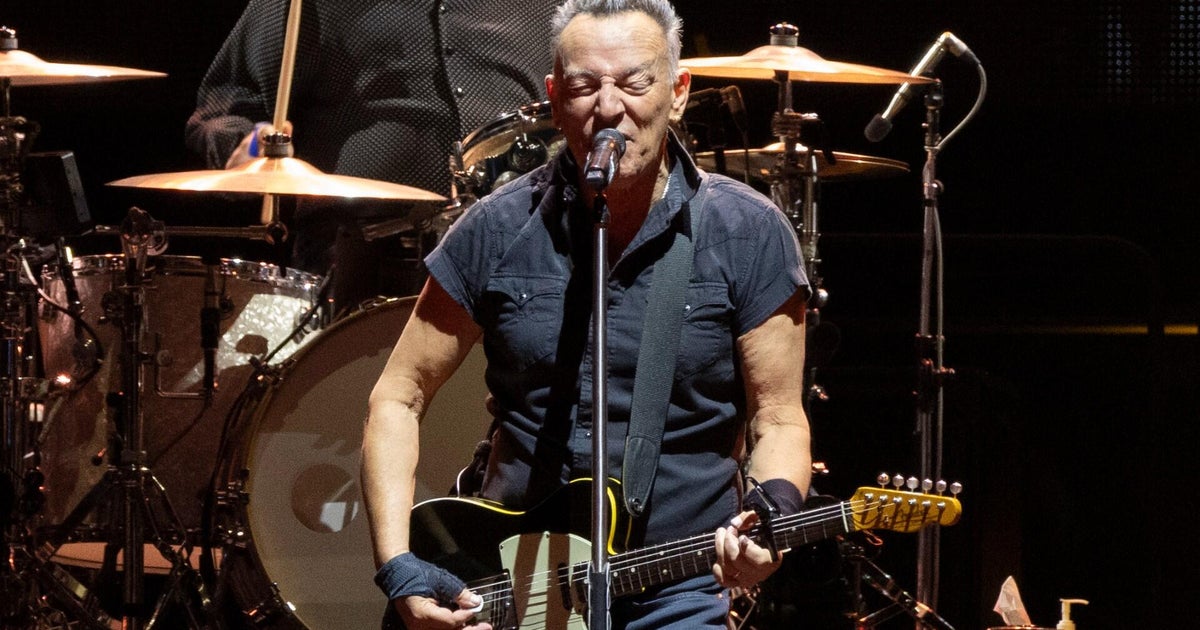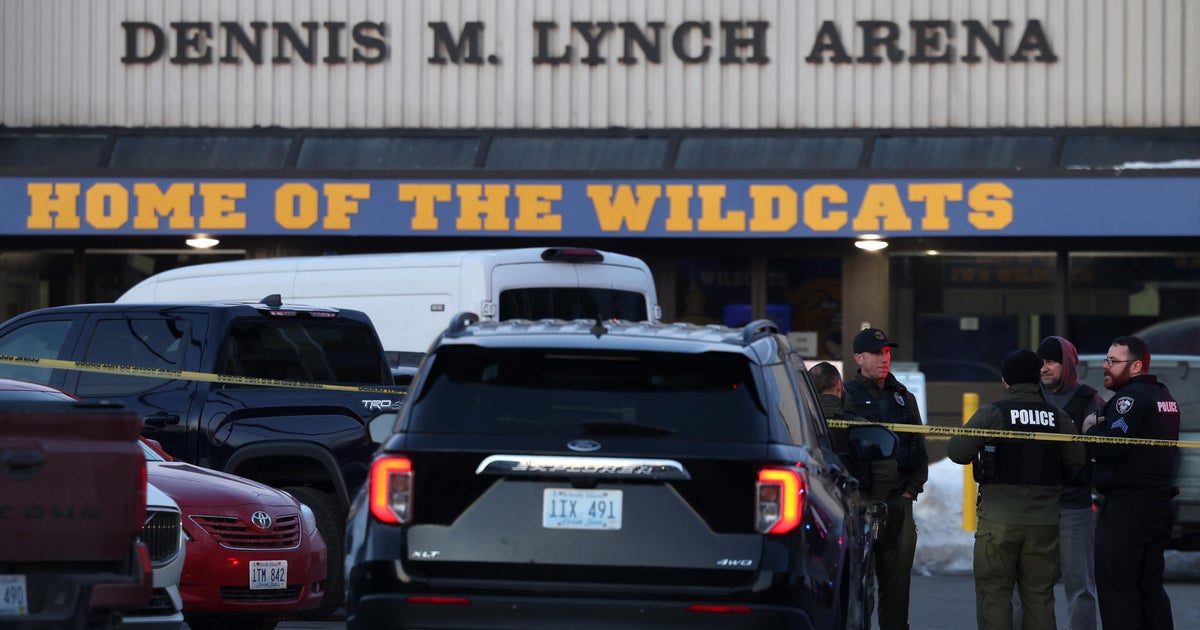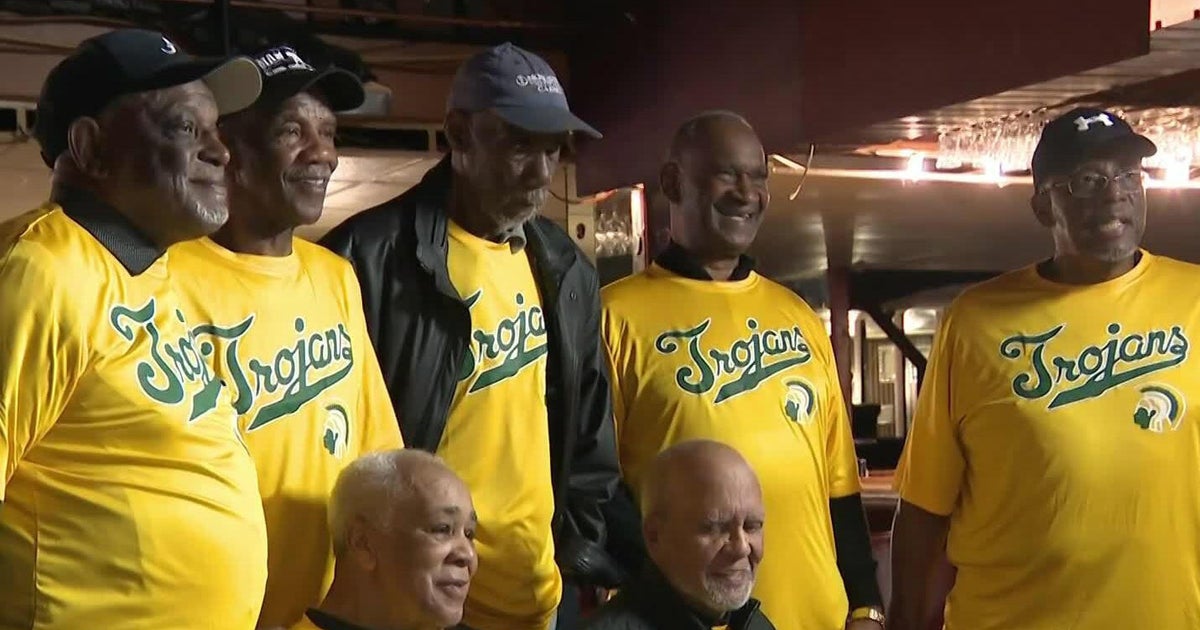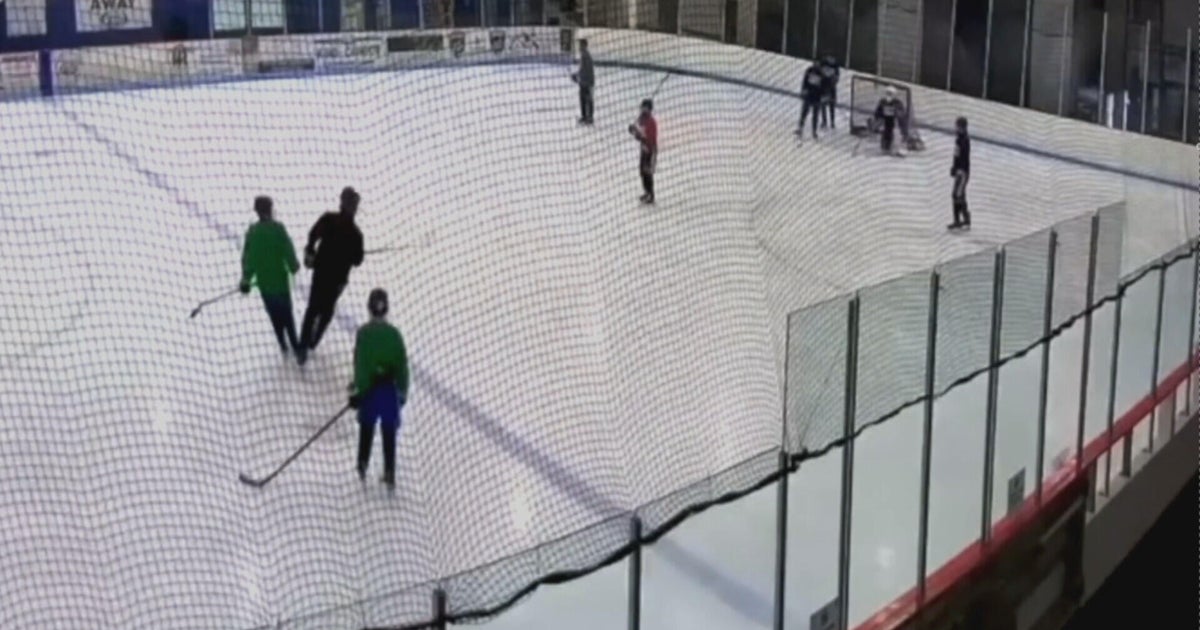Palladino: Baseball Needs Stronger PED Penalties
By Ernie Palladino
» More Ernie Palladino Columns
As the 2013 All-Stars prepared to make magic at Citi Field with Matt Harvey's start and Mariano Rivera's MVP farewell to the Midsummer Classic, the game's main personnel assured everyone that they were 100 percent behind the sport's efforts to rid itself of performance-enhancing drugs.
And yet, it all seems to ring so hollow. As National League manager Bruce Bochy said in his self-appointed role as spokesman for players, coaches and managers, the on-field personnel stands "100 percent behind MLB" and its investigation into the Biogenesis scandal.
And yet, on that same All-Star Monday, we had the happy report from Reading, Pa., where a main target of that probe, Alex Rodriguez, finally went deep for the first time in his 20-game minor league rehab assignment. With his rehab period ending July 22, he was making all kinds of noises about his readiness to rejoin the Yankees next week. Meanwhile, Brewers slugger Ryan Braun, another key figure in the Biogenesis scandal, has continued his career. And the Rangers' Nelson Cruz actually appeared on the American League All-Star roster.
It all makes you think that baseball isn't REALLY committed to creating that level field most players so dearly want. If it was, Rodriguez, Braun and others in their class would be thrown out of the game permanently, at least until proven innocent.
Oh, sure, there's an issue of due process, and the anti-trust requirement that all punishments and such be negotiated with the player's union. Thanks to those things, a true "Death Penalty" for PEDs doesn't yet exist for active players, so Bud Selig is basically powerless to ban someone for life until a third-strike violation.
About the best he can do for the vast majority is hand down a 150-game suspension like the one sources in published reports indicate he's contemplating for A-Rod. A suspension like that, combined with this year's injury troubles, could effectively end his career, as it would cost the embattled third baseman nearly two years.
But he's almost 38 years old, anyway, certainly at or near the end of the line. What about younger players with plenty of mileage remaining? The fact that baseball simply suspends them for 50 or even 100 games and then allows them to return and resume compiling Hall of Fame stats dilutes the whole concept. Besides, that only happens after the home office has collected such a pile of evidence that even the players' slick attorneys have no option but to hope somebody renders the samples inadmissible through mishandling, or try to plea down the suspension.
Individual teams can cut a suspected player loose, but then it has to pay off the rest of the player's contract.
Expensive proposition.
What baseball needs is a firm commitment from both sides to clean things up. The executives and union must come together in unity and make a statement -- a final, definitive one -- that even the hint of PED use will be dealt with severely enough to place one's entire career and paycheck in jeopardy.
It would amount to an "if there's enough smoke, there's fire" edict. Shoot first, apologize later. If a lowlife like Anthony Bosch comes to MLB with a stack of receipts with your guy's name on them, and others attest to seeing you at a clinic known for distributing banned substances, you're out. A couple of players testify under oath that they've seen you shooting up in the shower room? Out. Set up all the appeals systems, of course, but for now, end that player's career.
The definitive statement to this came, with much irony, from football. The New England Patriots' handling of accused murderer Aaron Hernandez is exactly the way baseball should treat suspected drug cheats.
Acting as an individual organization with the support of commissioner Roger Goodell, the Pats decided a week before Hernandez's arrest to cut him if the cops clapped him in handcuffs.
They went into it totally unencumbered by the question of guilt or innocence, a rational that owner Robert Kraft not only defended, but heralded. Anyone close enough to a murder investigation to get arrested for obstruction of justice or the murder itself was too close for the Patriots to have anything to do with, he explained. Whether Hernandez committed the crime or not was immaterial.
Goodell also has the power to suspend Hernandez, even if he was never charged with a crime, or even if the charges are dropped.
There is obviously a big difference between a PED and a dead body, but the philosophy is the same. If baseball truly wants to keep its game clean, it needs to empower its hierarchy to suspend indefinitely and permanently upon suspicion, and make it possible for teams to cut free of financial outlay.
If that sounds a bit totalitarian, so be it. Sports are private businesses and can bargain whatever rules they wish.
The game belongs to the players, coaches, managers and owners. If they want it clean, they have the power to make it so, even if it becomes extremely uncomfortable for the guilty few.
They need only to come together and get it done.
You May Also Be Interested In These Stories
